Over the past three years, industrial robots from Zurich-based robotics startup ANYbotics have evolved from being able to climb stairs to being able to jump between boxes, perform backflips and other difficult moves.
Robots are not programmed to perform these new actions, but instead adapt to their surroundings using new artificial intelligence models.
Over the past decade, the $74 billion robotics sector has accelerated thanks to breakthroughs in AI, such as advances in neural networks, systems that simulate the human brain.
In particular, improved computer vision and spatial reasoning capabilities have enabled robots to move with greater autonomy in a variety of environments, from construction sites to oil rigs and city streets.
The advent of deep learning models in recent years has allowed machine AI software to adapt and react much better to the real world and learn on its own. Artificial intelligence also allows machines to better understand the world around them and communicate with humans more easily.
“It’s like watching a child learn,” said Carina Namih, a partner at Plural, an early-stage investment fund based in London. “Because robots are not programmed in a deterministic way but are learning on their own, you don’t have the same high engineering costs.”
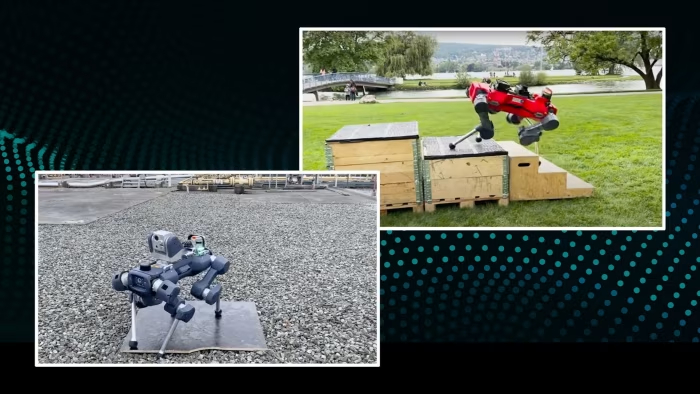
Some of the robots produced by the startup ANYbotics. Photo: © FT montage/Dreamstime
While most of these advances are expected to occur in industrial and factory environments, major AI companies are also turning their focus back to human-like robots.
Earlier this year, Google DeepMind announced a series of advances in its research, including harnessing large language models to train humanoid robots and help them understand and navigate their surroundings better and more safely.
OpenAI also created a robotics research group last month while investing in startups. The company also invested in Oslo-based 1X Robotics, which raised more than $100 million this year in an effort to create everyday robots to help with household chores.
Chinese company Unitree Robotics sells humanoid robots for $16,000. Billionaire Elon Musk said Tesla will start using and producing humanoid robots next year and sell them more widely from 2026.
The widespread adoption of AI tools by consumers has had a ripple effect on attitudes toward robotics, said Sonali Fenner of management consultancy Slalom. This has allowed companies to consider using robots in public.
For example, one customer deployed Spot, a Boston Dynamics robot dog powered by Google's Gemini Pro model, in its stores to assess inventory.
Ahti Heinla, co-founder of Skype and CEO of delivery bot startup Starship Technologies, which has deployed small grocery robots in more than 100 cities and towns in Europe and the UK, said he was surprised by how easily people “see these robots as normal participants in public spaces and accept them as natural people”.
Hoai Phuong (according to FT)
Source: https://www.congluan.vn/cuoc-chay-dua-phat-trien-bo-nao-ai-giup-robot-tu-hoc-va-hoan-thien-ky-nang-post305168.html




![[Photo] President Luong Cuong receives delegation of the Youth Committee of the Liberal Democratic Party of Japan](https://vstatic.vietnam.vn/vietnam/resource/IMAGE/2025/8/22/2632d7f5cf4f4a8e90ce5f5e1989194a)



![[Photo] Prime Minister Pham Minh Chinh chairs the conference to review the 2024-2025 school year and deploy tasks for the 2025-2026 school year.](https://vstatic.vietnam.vn/vietnam/resource/IMAGE/2025/8/22/2ca5ed79ce6a46a1ac7706a42cefafae)


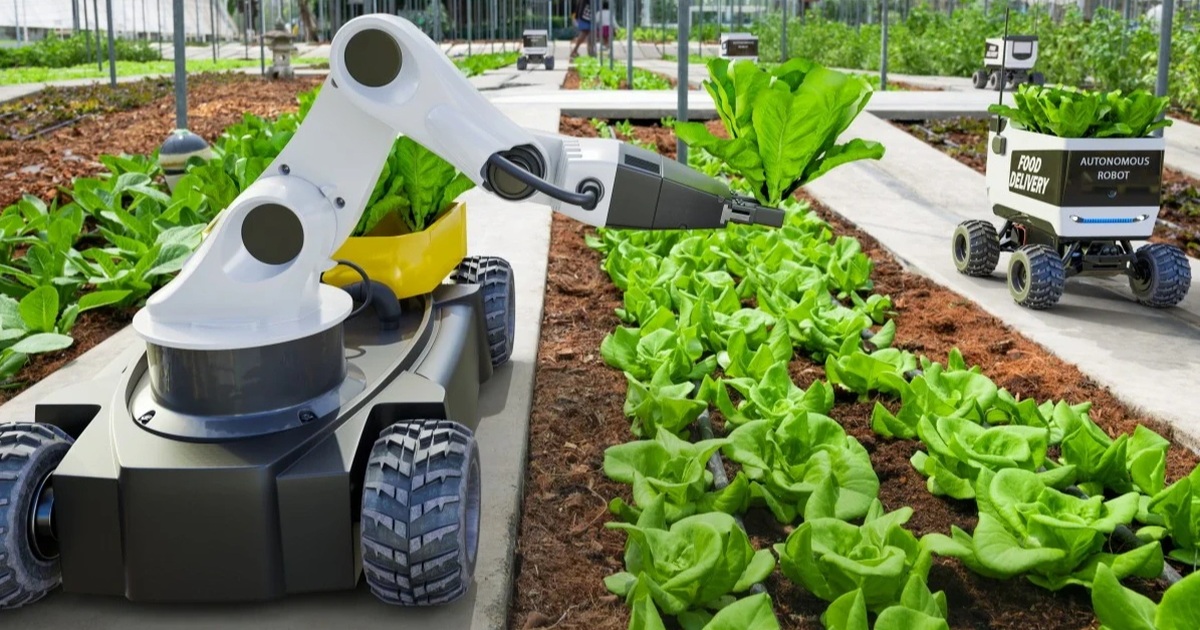

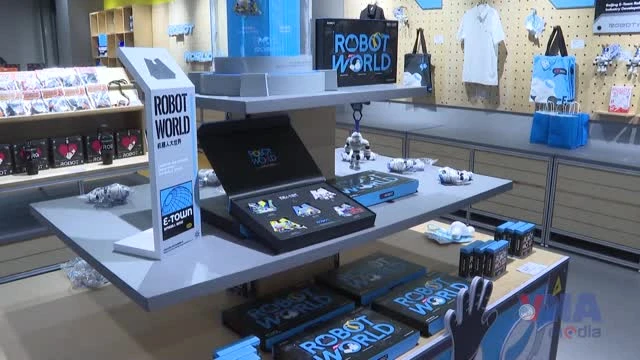



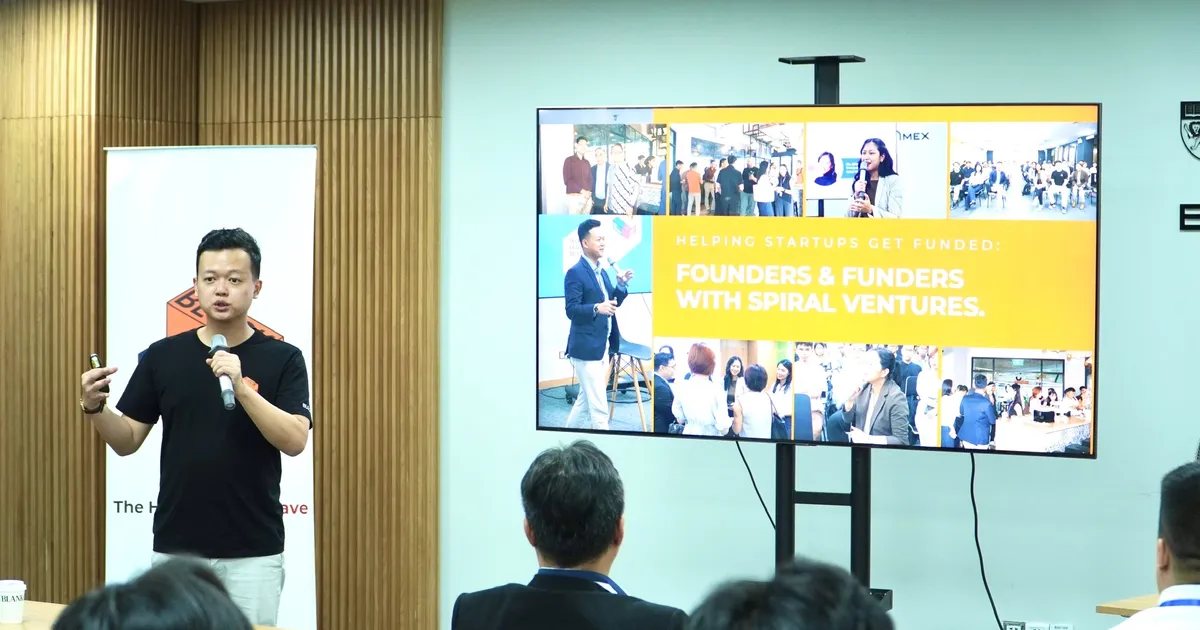





























































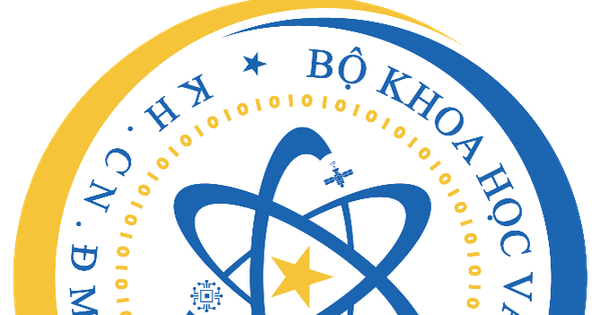








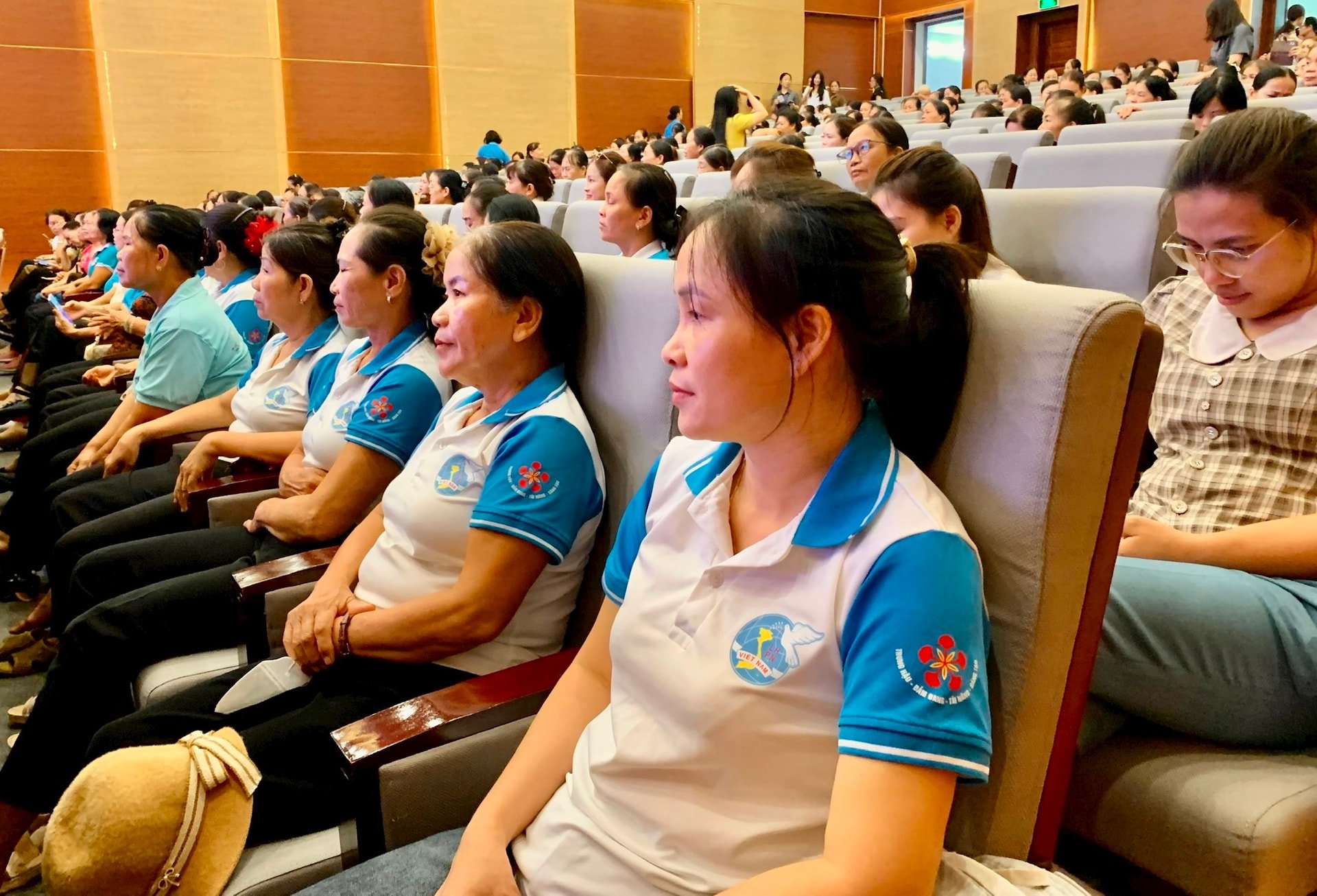














Comment (0)